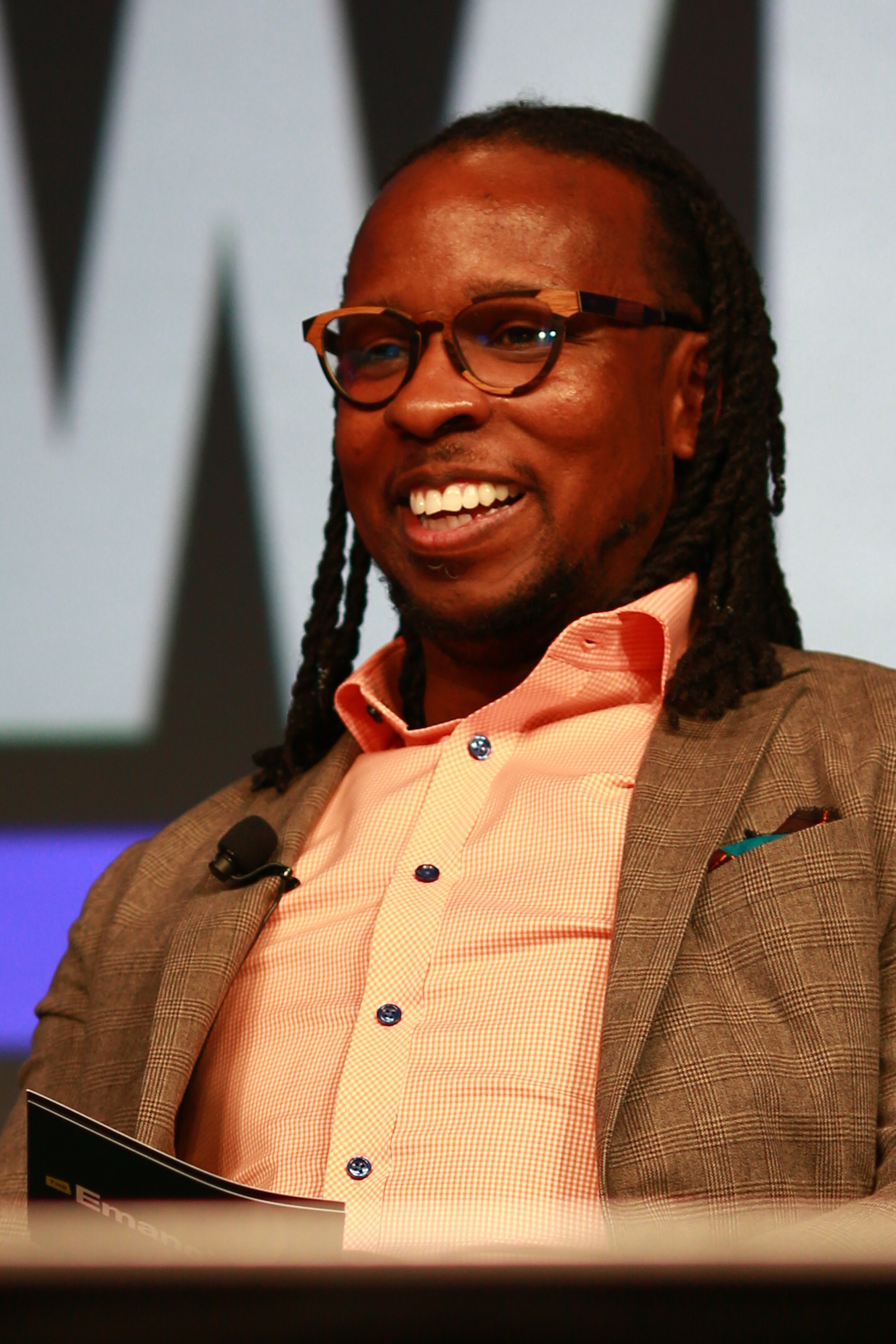Ibram X. Kendi, author, activist and founder of the Boston University Center for Antiracist Research, is leaving BU after five years, and CAR will close June 30 when its charter with the University expires, according to a Jan. 30 announcement.

Kendi will be joining Howard University in Washington, D.C. as the director of the newly established Howard University Institute for Advanced Study.
Current CAR staff will remain employed by BU through June 30 and receive resources and support from the University to help with their transition and job searches, according to a University statement.
“We thank Dr. Kendi and the Center’s staff and affiliated faculty for their contributions in advancing scholarship, teaching, and policymaking,” the statement says. “The University wishes Dr. Kendi well on his next chapter.”
CAR was founded by Kendi in June 2020 with a mission of convening experts from different disciplines to develop innovative ways to understand and explain “seemingly intractable problems of racial inequity and injustice.” The Center’s ultimate goal is “to build an antiracist society that ensures racial equity and social justice.”
Senior Bermina Chery said when she first heard about the CAR’s launch as a freshman, she “was intrigued to see what would come out of it.”
“I feel as though particularly [predominantly white institutions] need a consistent racial awakening and need to be pushed towards racial progress,” Chery said. “I thought it was a good initiative, something that could help propel the University forward.”
Senior Nathan Duong, president of the Asian Student Union, said the Center and its initiatives sounded “really positive.”
“I remember being really inspired by the Center,” Duong said. “It was one of the reasons that I applied to BU and one of the factors that drew me here.”
Duong said BU “needs to continue to maintain its commitments to antiracism and its practices and research” even after CAR closes.
“It needs to figure out alternative routes to maintain those commitments and be public about how it is maintaining those antiracism commitments as well,” Duong said.
In 2023, three years after the Center was founded, allegations of the mismanaged funds, mass layoffs and toxicity in the workplace came to light.
When Chery first learned of the allegations, she was “shocked” and “disgusted.”
She said it felt like the Center was “very behind closed doors” to students.
“You never heard anything or knew much about what they were doing, at least I didn’t,” Chery said. “I became very suspicious of the leadership, but also what exactly the Center was meant to accomplish and its goals.”
In a Q&A with The Daily Free Press following the allegations, published Oct. 2, 2023, Kendi said a large part of his job is to ensure the organization’s long-term success.
Nevertheless, the Center will close in June after its charter with the University expires.
Freshman Mariaelena Suazo Rosario said she was unaware of CAR but does not think it is “fair to just get rid of something that is needed on campus.” She said the University “is already struggling to accommodate people of color’s needs.”
Rosario said CAR closing “doesn’t make the school look good” given the recent Supreme Court ruling on affirmative action and the Trump administration’s rollback on diversity, equity and inclusion in higher education institutions.
She also said she felt it was unfair the Center was not advertised widely to students.
“What if one of the things that I wanted to research was antiracism, anything that was less biased, especially towards race?” Rosario said. “For me not to know about that, I don’t think that’s fair.”
Chery said there was a “barrier” between CAR and the BU community.
“I don’t even know where the Antiracist Research Center is,” Chery said. “How do I get there? How do I get involved?”
Chery added she feels Kendi didn’t extend his work beyond the Center and “bridge the gap” with Black students.
“I don’t think that he integrated himself enough into the Black community, make connections with Black students on campus and Black organizations on campus, enough to propel racial equity on BU campus outside of CAR,” Chery said.
Chery said she did not wish to “intentionally disparage a person of color,” only “critique” Kendi, especially because she understands it’s difficult for Black people to get into predominantly white spaces.
“It just felt like there was him on this side, and then there was us on the other side,” Chery said. “He was supposedly advocating for us and doing research on our behalf, but never really got to connect with us, and I think that might have played a part in why exactly things had to end up this way.”
















































































































GB • Feb 8, 2025 at 5:47 pm
BU effectively fired Kendi due to financial irregularities at Center for Antiracist Research